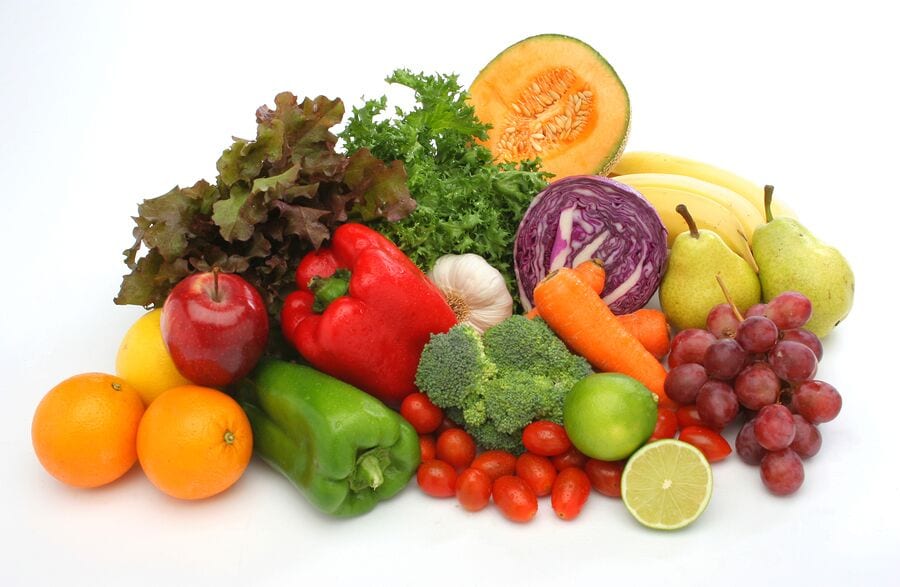10 Ways to Boost Your Aging Relative’s Nutrition
If it were easy to eat healthily, there would be no obesity, diabetes or other food-related problems in the world. Since that’s not the case, it’s important for adults everywhere to focus on good nutrition so they can reap the health benefits that it does to the body.

Elderly adults have a high risk of malnutrition, in that they don’t get the vitamins and minerals that they really need from their daily diet. Concerned family members who care for aging relatives need to put in some extra effort to ensure their dependent loved one is enjoying a healthy diet and avoiding junk food.
When elderly people reach a point where they can’t complete many of the daily tasks they need to live independently, they turn to family members. These family caregivers help with all kinds of tasks and frequently take responsibility for meal planning and preparation. Often, they are trained on how to create nutritionally dense meals, with ingredients that are low fat and high in the components that an elderly person really needs.
Here are 10 ways that family caregivers, senior care providers and friends can boost an elderly adult’s nutritional intake:
-Increase fiber intake for better digestive health. Fibrous foods include raw fruits and vegetables such as oranges, apples, blueberries, leafy greens, celery, carrots, cucumbers. High fiber foods like whole grain products and beans are also a delicious addition.
-Have healthy snacks on hand. Fresh fruit, whole wheat toast, and popcorn are examples of choosing sweet or crunchy snacks that aren’t full of fat and sugar, too.
-Choose to bake, broil or grill food instead of frying it, due to the unhealthy fats required for that type of cooking.
-Swap out unhealthy versions of ingredients for healthy ones. Examples include swapping traditional canned soup for low-sodium or using
-Don’t let seniors drink their calories. Soda and other sweetened drinks can torpedo a healthy diet quickly. Seniors should avoid excessive amounts of fruit juice, sweetened tea, sports drinks and flavored milk in favor of low-calorie beverages and water.
-Incorporate lean protein as often as possible. Lean proteins include fish, chicken, eggs, beans
-Fill half the plate with fruits and vegetables. It’s tricky to balance out portions, but a good rule of thumb from nutritious experts is to fill half the plate with delicious and nutritious fruits and veggies.
-Control dessert portions. Everyone likes a sweet treat and a little dessert, especially aging adults. The secret to good health is to have appropriate portions and to avoid mindless eating of sugar and processed ingredients.
-Choose nutrient-dense ingredients and superfoods. Serve those foods that deliver multiple vitamins and minerals, plus a range of other nutrients, for low calories. These superfoods include spinach, blueberries, avocados, eggs, dark chocolate, almonds, kale, salmon and yogurt.
-Take supplements as recommended by a doctor. Few people can get all the nutrients they need from diet alone, especially seniors. Doctors can recommend necessary supplements for aging adults based on their current health.
If you or an aging loved-one are considering hiring Home Care Services in Warren County, VA, please contact the caring staff at LivinRite Home Care. Call Us Today at (703) 634-9991.
- Five Ways Occupational Therapy Can Help Seniors - April 25, 2025
- Skilled Nursing: Offering Peace of Mind for Seniors Aging in Place - April 8, 2025
- Can Physical Therapy Help Seniors Learn How to Fall Safely? - March 27, 2025
